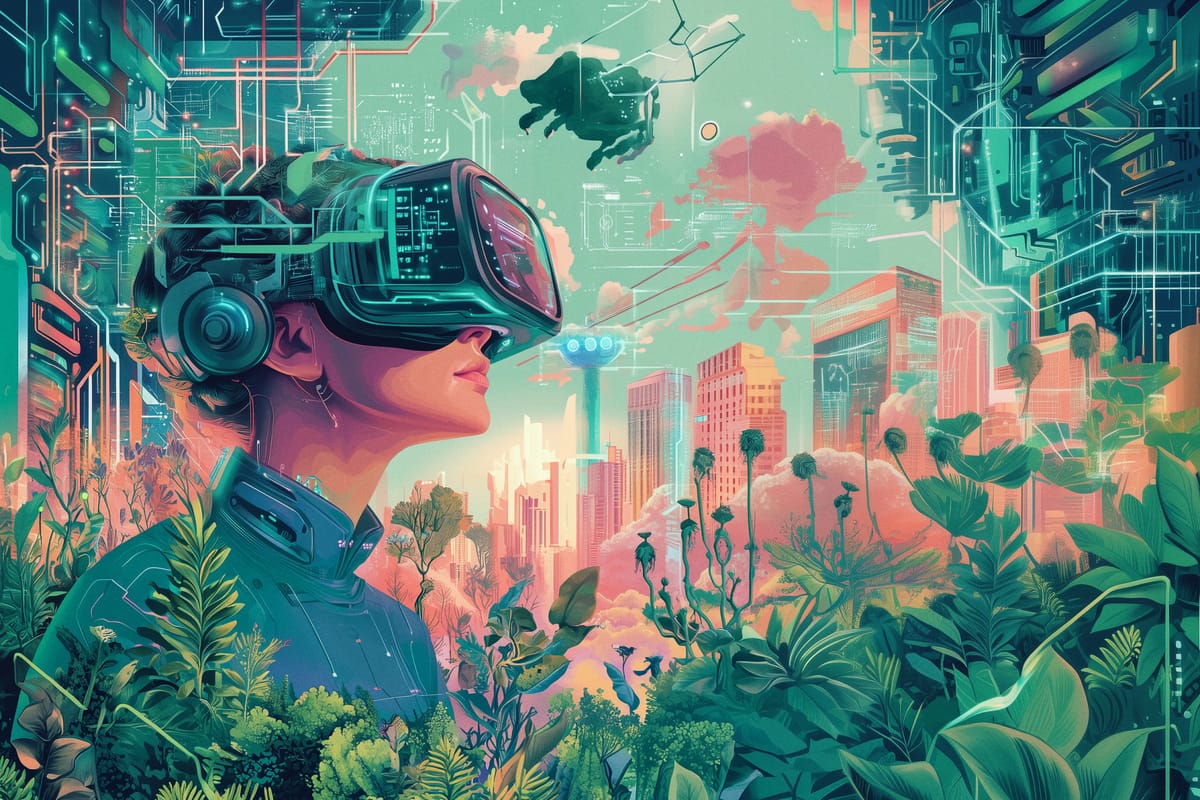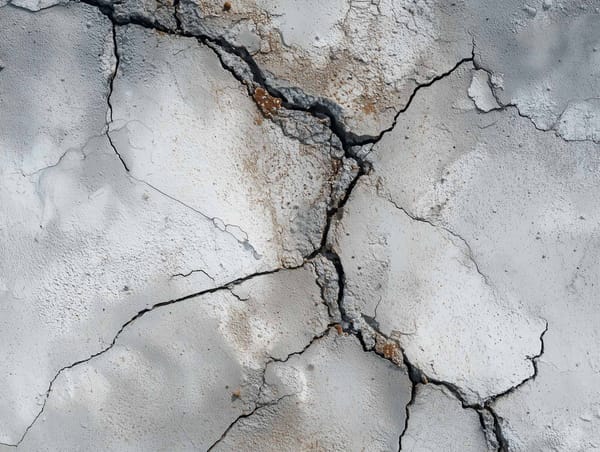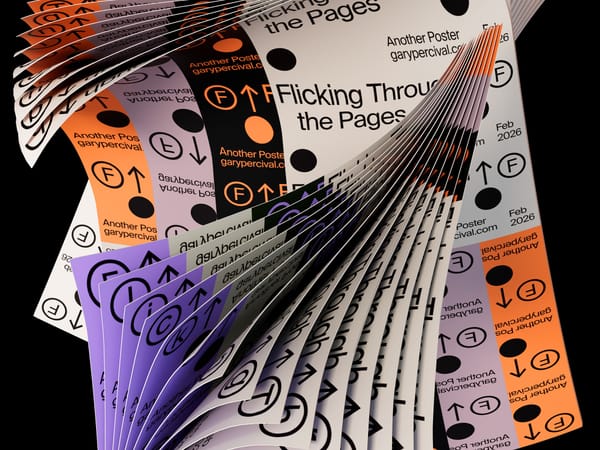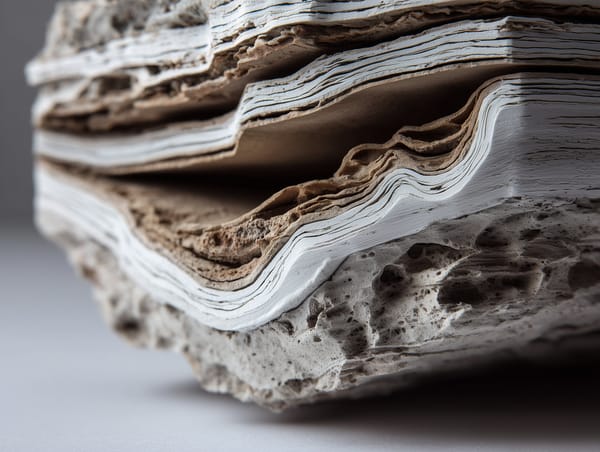The Power of Hard Skills: Why They Matter and How to Enhance Them
“Hard skills are your superpowers—they empower you to bring your creative visions to life, tackle complex projects with confidence, and continually push the boundaries of what’s possible in your field.”

Soft skills such as creativity, communication, and adaptability often hold significant importance in the dynamic world of creative industries.
While these are undoubtedly crucial, it's essential not to overlook the power of hard skills.
For freelancers, graphic designers, and other creative’s, mastering specific technical abilities can be the key to standing out in a competitive market, delivering exceptional work, and advancing your career.
Let's dive into why hard skills matter and how you can enhance them.
Understanding Hard Skills in Creative Fields
Hard skills are specific abilities that can be taught and are measurable.
In the creative fields, these might include proficiency in design software, coding languages, photography techniques, or animation skills.
Soft skills focus on how you work, while hard skills focus on your abilities.
Examples of Hard Skills for Creatives:
- Adobe Creative Suite skills (Photoshop, Illustrator, and InDesign)
- 3D modelling and rendering
- UI/UX design principles and tools
- HTML, CSS, and JavaScript coding
- Video editing and motion graphics
- Photography and photo editing
- Typography and layout design
- Digital illustration techniques
- Print production knowledge
- Colour theory and management
Why Hard Skills Matter
They're Your Toolbox
Just as a carpenter needs a well-stocked toolbox to build anything from a simple shelf to an intricate piece of furniture, creatives need a robust set of hard skills to bring their ideas to life. The more tools you have at your disposal, the more versatile and capable you become.
They Boost Your Confidence
Mastering a hard skill gives you confidence in your abilities. When you know you can execute a task with precision and expertise, it shows in your work and in how you present yourself to clients and colleagues.
They Increase Your Market Value
Clients and employers are willing to pay more for specialists who possess in-demand hard skills. Whether it's expertise in the latest design software or proficiency in a niche area like sustainable packaging design, these skills can significantly boost your earning potential.
They Help You Adapt to Industry Changes
The creative industry is constantly evolving, with new technologies and techniques emerging regularly. By continuously developing your hard skills, you ensure that you remain relevant and adaptable in a changing landscape.
They Complement Your Soft Skills
While soft skills help you navigate the workplace and collaborate effectively, hard skills are what allow you to deliver tangible results. The combination of strong, soft, and hard skills makes you a well-rounded and highly valuable professional.
How to Enhance Your Hard Skills
Identify Your Skill Gaps
Start by assessing your current skill set and comparing it to job descriptions or client requirements in your field. Identify areas where you could improve or learn new skills that would give you a competitive edge.
Set Clear Learning Goals
Once you've identified the skills to develop, set specific, measurable goals. For example, "Master advanced colour correction techniques in Photoshop within three months" is more actionable than a vague goal like "Get better at Photoshop."
Leverage Online Learning Platforms
Take advantage of the wealth of online courses available. Platforms like Skillshare, LinkedIn Learning, and Domestika offer comprehensive courses on various creative hard skills. Many of these allow you to learn at your own pace and fit learning into your busy schedule.
Practice Consistently
Learning a new skill is one thing; mastering it is another. Set aside regular time to practice your new skills. Consider setting up personal projects that allow you to apply what you're learning in a practical context.
Engage with Your Creative Community
Don't learn in isolation. Share your work with peers, mentors, social media or online communities to get constructive feedback. A fresh perspective can help you identify areas for improvement and push your skills further.
Stay Updated with Industry Trends
Follow industry blogs, attend webinars, and participate in conferences to stay informed about the latest tools and techniques in your field. This helps you anticipate which hard skills will be in demand in the future.
Collaborate on Diverse Projects
Look for opportunities to work on projects that stretch your abilities. Collaborating with professionals from different creative disciplines can expose you to new techniques and ways of working.
Teach Others
One of the best ways to solidify your understanding of a skill is to teach it to someone else. Consider starting a blog, creating tutorials, or mentoring junior creatives to reinforce your own knowledge.
Balancing Hard Skills with Creativity
While developing hard skills is crucial, it's important to remember that they should enhance, not stifle, your creativity. Here's how to strike a balance:
Use Tools as Enablers, Not Crutches
Your proficiency in design software should enable you to bring your creative visions to life more efficiently, not limit your ideas to what's easily achievable with your current skill set.
Experiment and Push Boundaries
Once you've mastered the basics of a tool or technique, don't be afraid to experiment. Try using tools in unconventional ways or combining different techniques to create unique effects.
Focus on Problem-Solving
Remember that hard skills are a means to an end, not the end itself. Focus on using your skills to solve design problems and communicate ideas effectively, rather than showcasing technical prowess for its own sake.
Embrace Continuous Learning
View the development of hard skills as an ongoing journey rather than a destination. There's always more to learn, and maintaining a curiosity about new techniques can keep your work fresh and innovative.
The Future of Hard Skills in Creative Industries
As we look to the future, several trends are shaping the landscape of hard skills in creative fields:
Integration of AI and Machine Learning
Understanding how to work with AI tools for design, content creation, and data analysis is becoming increasingly important. While AI won't replace human creativity, knowing how to leverage these tools can significantly enhance productivity and capability.
Emphasis on Cross-Disciplinary Skills
The lines between different creative disciplines are blurring. Graphic designers might need motion or 3d skills, while UX designers might benefit from understanding the principles of psychology. Developing a diverse skill set can make you more versatile and valuable.
Sustainability and Ethical Design
As sustainability becomes a key concern across industries, skills related to sustainable design practices, eco-friendly materials, and ethical design principles are gaining importance.
Virtual and Augmented Reality
With the growing adoption of VR and AR technologies, skills in creating immersive experiences and 3D environments are becoming increasingly valuable.
Conclusion: Empowering Your Creative Journey
In the dynamic realm of the creative industries, hard skills are your superpowers. They empower you to bring your creative visions to life, tackle complex projects with confidence, and continually push the boundaries of what's possible in your field.
Remember, developing hard skills is not about conforming to industry standards or losing your creative edge. It's about equipping yourself with the tools and knowledge to express your creativity more fully and effectively. By investing in your hard skills, you're investing in your ability to innovate, problem-solve, and create work that truly stands out.
As you continue on your creative journey, make skill development a consistent part of your professional growth. Stay curious, embrace new challenges, and never stop learning. Your unique combination of creativity and technical prowess is what will set you apart in a competitive field and drive your success as a creative professional.
The creative world is your canvas, and your hard skills are the brushes, paints, and techniques that allow you to create your masterpiece. So, what will you learn next?



